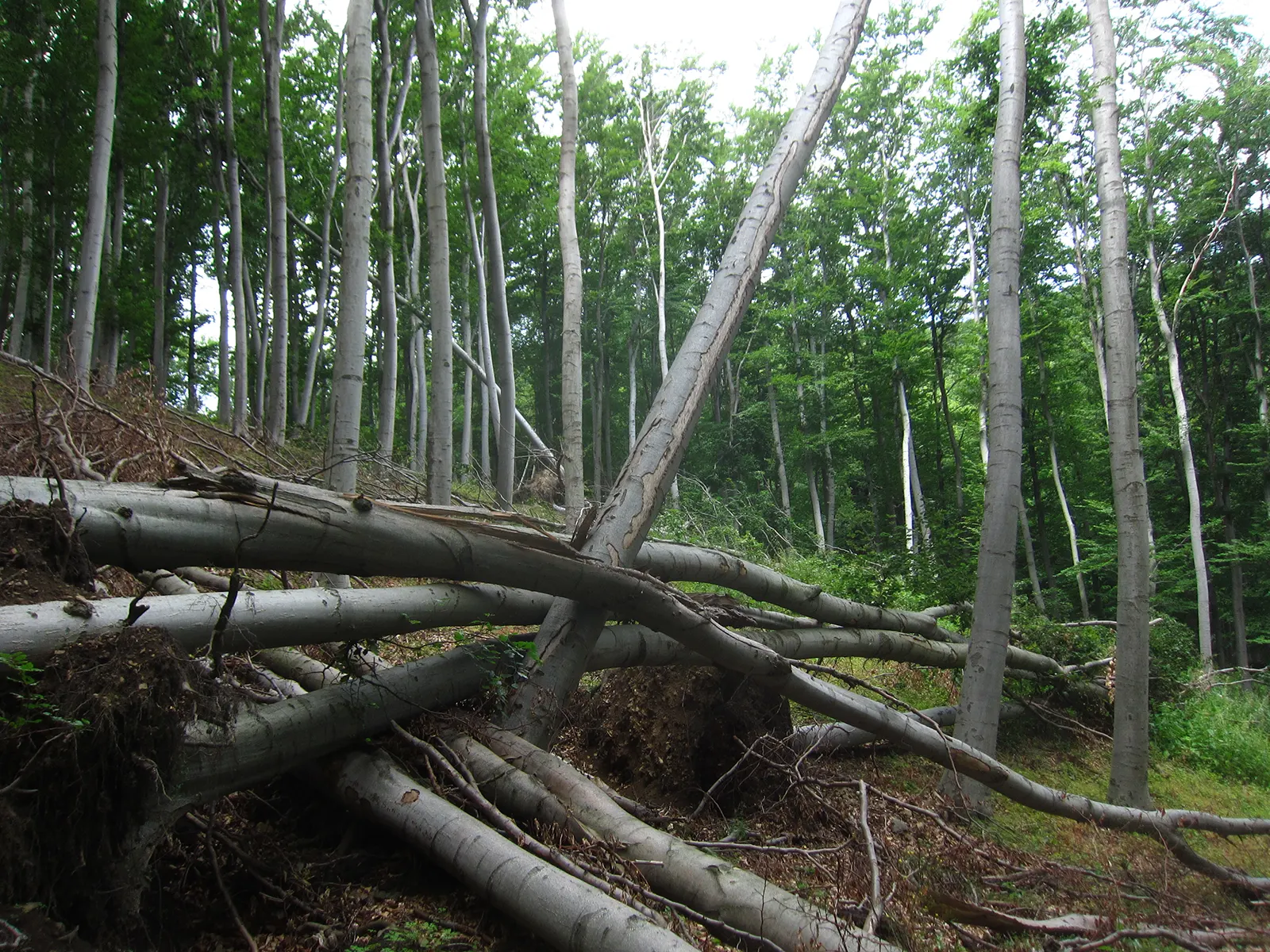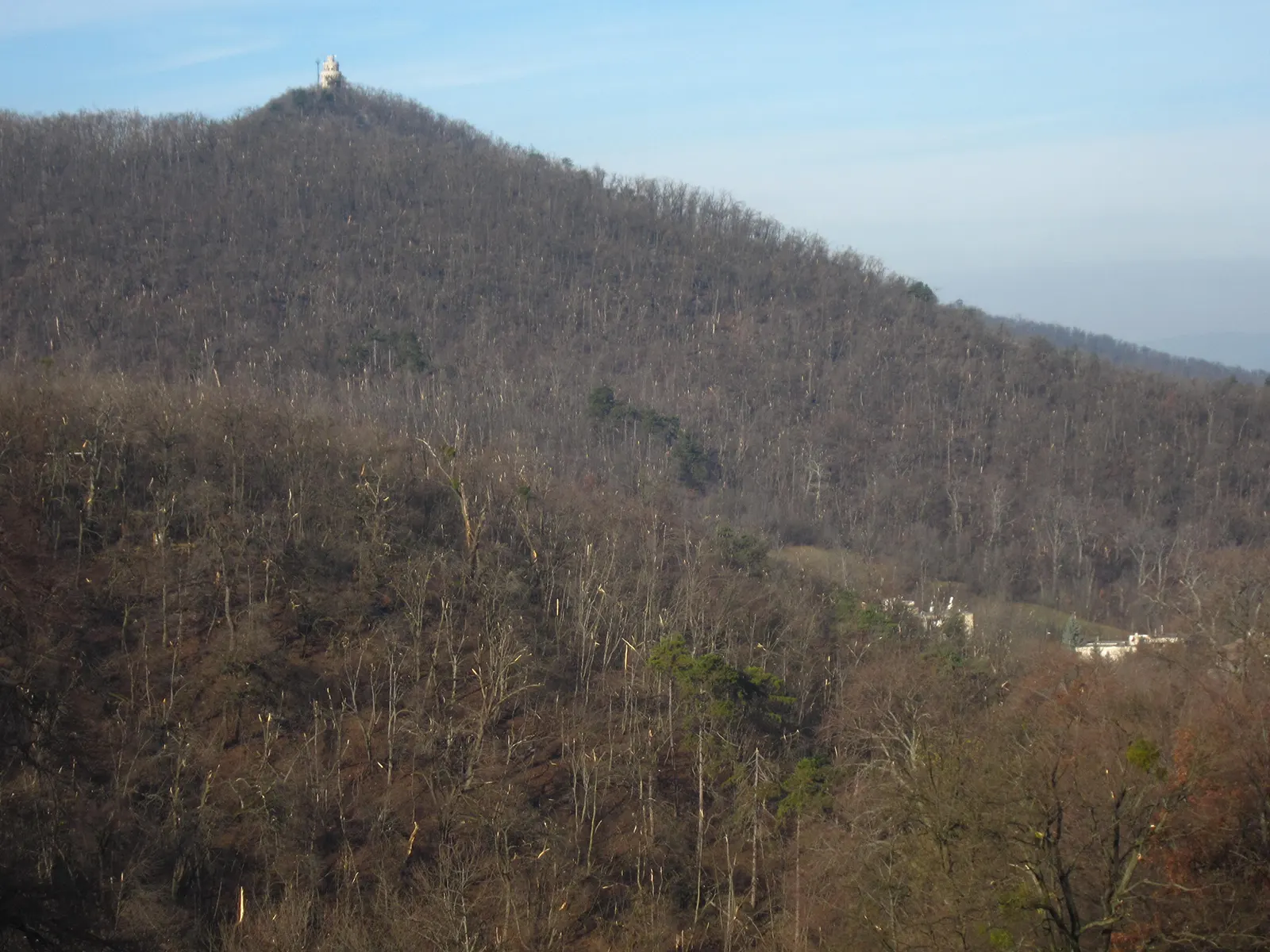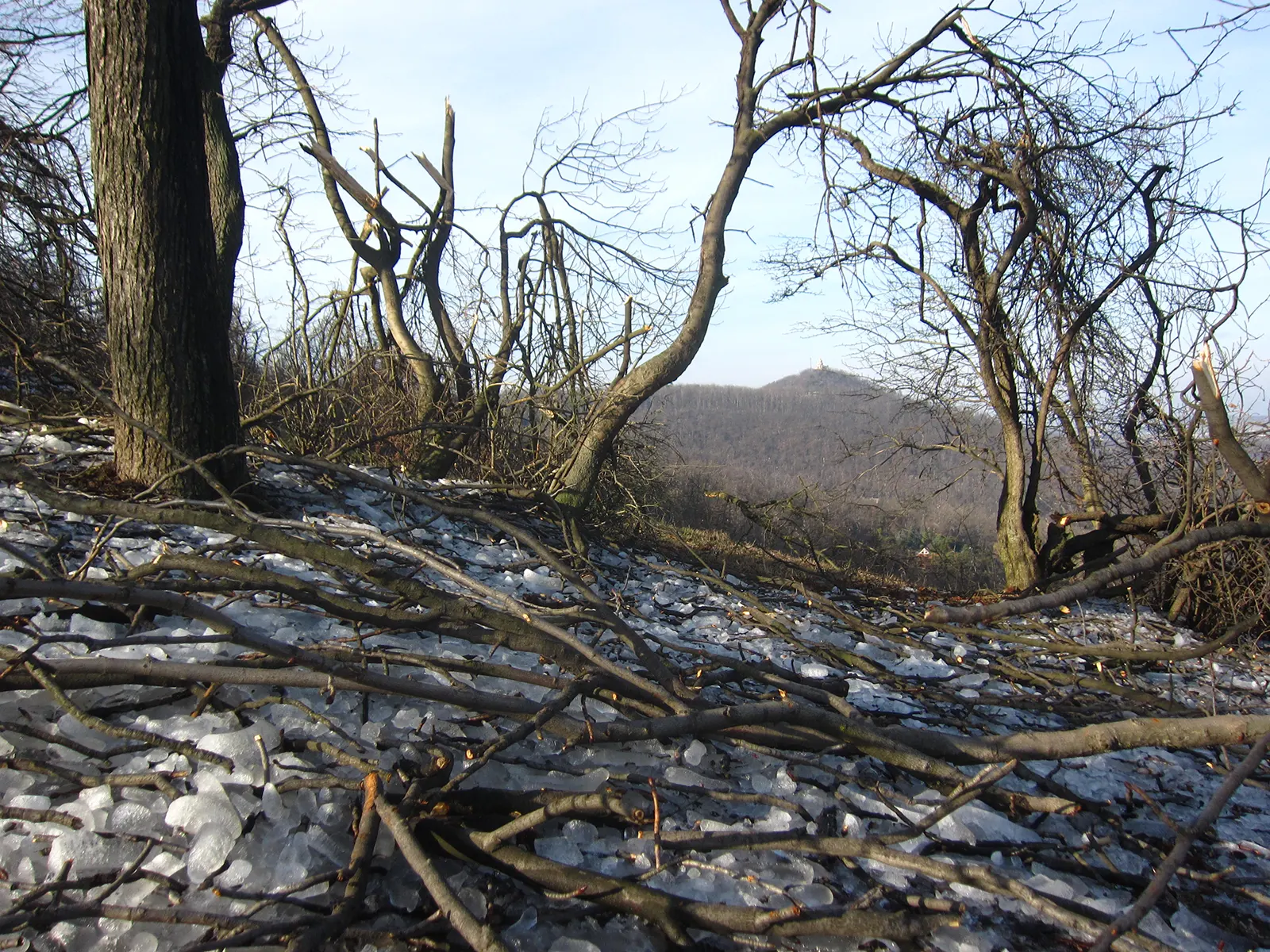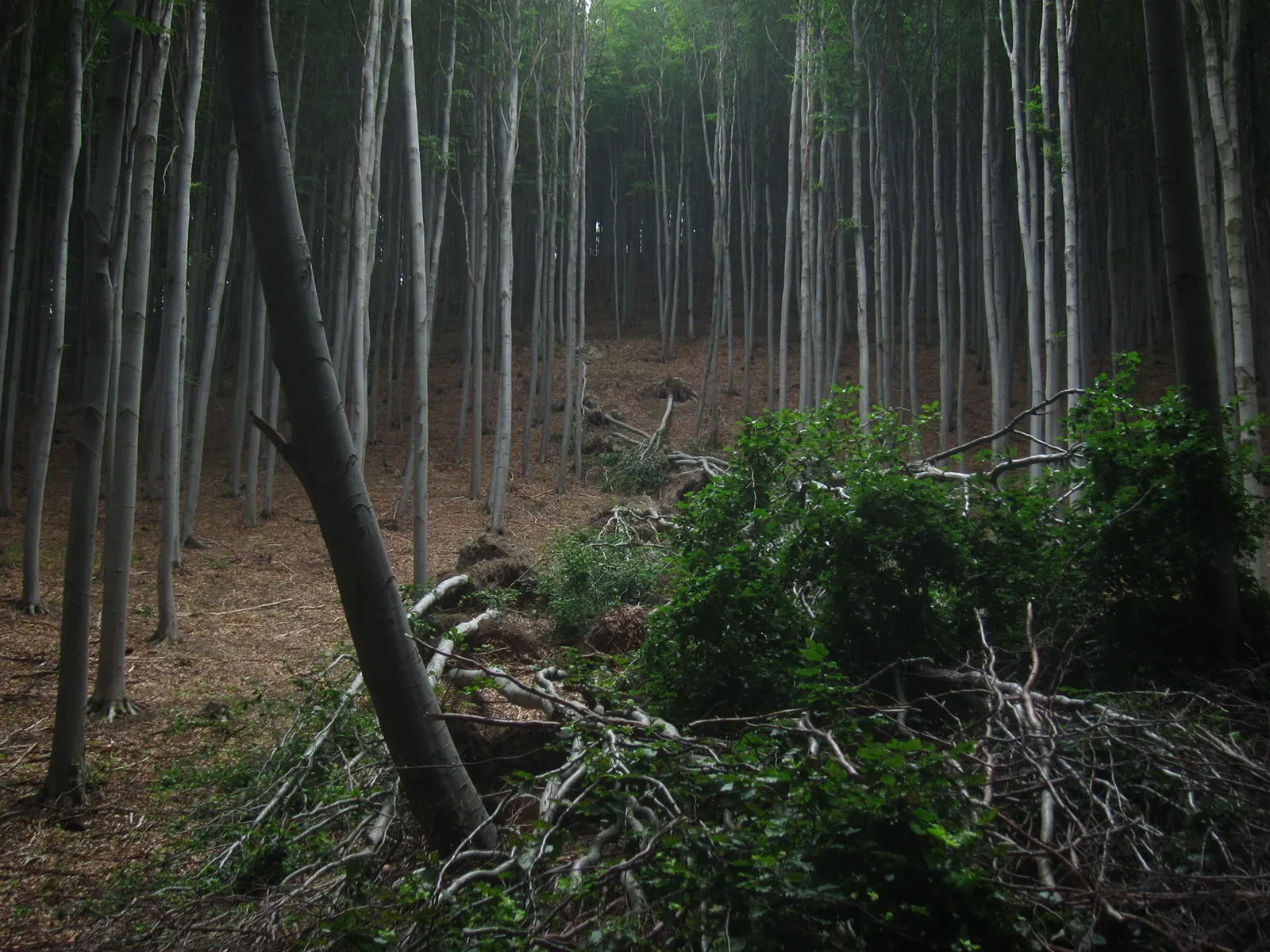Bratislava/Bucharest/Budapest/Prague/Sofia, 21 March 2021 – Forests in Central and Eastern Europe region represent an important natural resource. Their importance will likely to increase in the near future, not just because of the growing demand for wood, but also due to increasing awareness about the different ecosystem services forests contribute to our health and wellbeing. The ability of forests to provide us with raw materials, liveable, protective environment is nowadays threatened by climate change. The recently launched CLIMAFORCEE LIFE project aims to develop climate-smart forest management methods to increase the resilience of forests.
Forests of Central and Eastern Europe are on a crossroads. As a result of the climate change the forests and forestry systems, which have developed over the past 300 years of planned forest management will likely to change. Several scientific studies forecast shift in forest vegetation zones which determine climate conditions favourable for growing of main economic wood species such as oaks, beech, spruce etc. Within the next 50 years some of the currently forested areas may not be suitable for growing of the forest anymore, and growing of any woody vegetation may be considered there as a success. The extent to which native wood species may adapt to changed natural conditions is unknown. However, the experience suggests that the most vital individuals of native origin able to adapt to changed climate may provide the best genetic material for the future forests.
The Climate-smart Forest Management for Central and Eastern Europe (CLIMAFORCEE) LIFE project (LIFE19 CCA/SK/001276) which is financed from the LIFE Climate action sub-programme of the European Union, started in September 2020 and will last for seven years, by the end of 2027. The project covers 5 countries in Central and Eastern Europe: Bulgaria, Czech Republic, Hungary, Romania and Slovakia. The project partners include four WWF offices (Bulgaria, Hungary, Romania and Slovakia), the Southwestern State Forest Enterprise of Bulgaria, the Czech University of Life Sciences, the National Association of Private Forest Owners and Forest Managers from Hungary and the Forests of the Slovak Republic.
During the project we will review selected forest management models currently used in Central and Eastern Europe from the viewpoint of climate change. We will test the application of climate-smart forestry measures: different kinds of selective logging and small-scale shelter wood system instead of clear-cut, advanced thinning methods; local soil preparation instead of a large-scale, small water retention; transformation of forest stands with more resilient tree species and higher proportion of admixed species. We will implement these measures in the demonstration sites of three countries (Bulgaria, Hungary and Slovakia) and assess their economic feasibility and environmental impact compared to the conventional forestry methods. We will also foster inclusion of climate-smart forestry measures into local and national forest and nature management plans as well as into programming documents for EU Regional Funds. Fundamental objectives of the project are the awareness raising among forestry professionals on the climate-smart forestry methods and among the public on the ecosystem services provided by forests and on the effects of climate change on forests.










